…becomes first Nigerian Institute to present certificates of attendance in Print and Braille
The Teachers Continuous Training Institute (TCTI) in Biase, Cross River State, has concluded a 3-day intensive sensitisation workshop for Persons With Disabilities (PWDs) and their handlers in the State.
The workshop which was held between Wednesday, 8th May – and Friday, 10th May 2024 was organised for various categories of persons with speech impairment, persons with albinism, persons with visual impairment, those on wheelchairs and crutches, teachers from primary, secondary, vocational and technical schools.
Representatives of the ministries of Education, Information and Culture, Social Welfare/Rehabilitation centres, Foundations and Non-Governmental Organisations from the UK’s ‘WE CAN ACCESS’, TAF and the organised private sector also participated in the workshop.
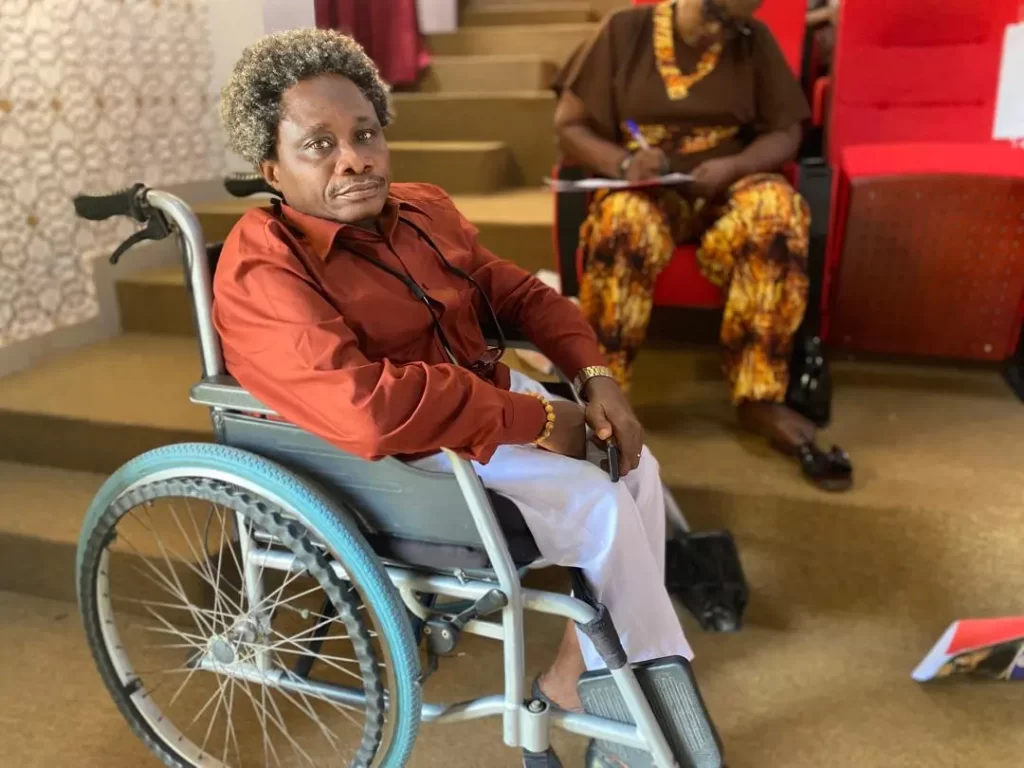
Speaking on the workshop tagged: ‘Sensitisation & Awareness Programme on Educational Services for Persons with Disabilities’, the Director-General of the TCTI, Professor Taoheed Adedoja, said the exercise is intended to equip PWDs through investments in knowledge, skills and infrastructure, that provide policies and solutions to enable them to live productively and to give them a sense of inclusion in the ecosystem of the society and globally.
The Director-General stressed the significance of the workshop and enjoined everyone to afford the Disabled all the opportunities they require to develop their self-esteem and break the stigma and discrimination against persons with disability.
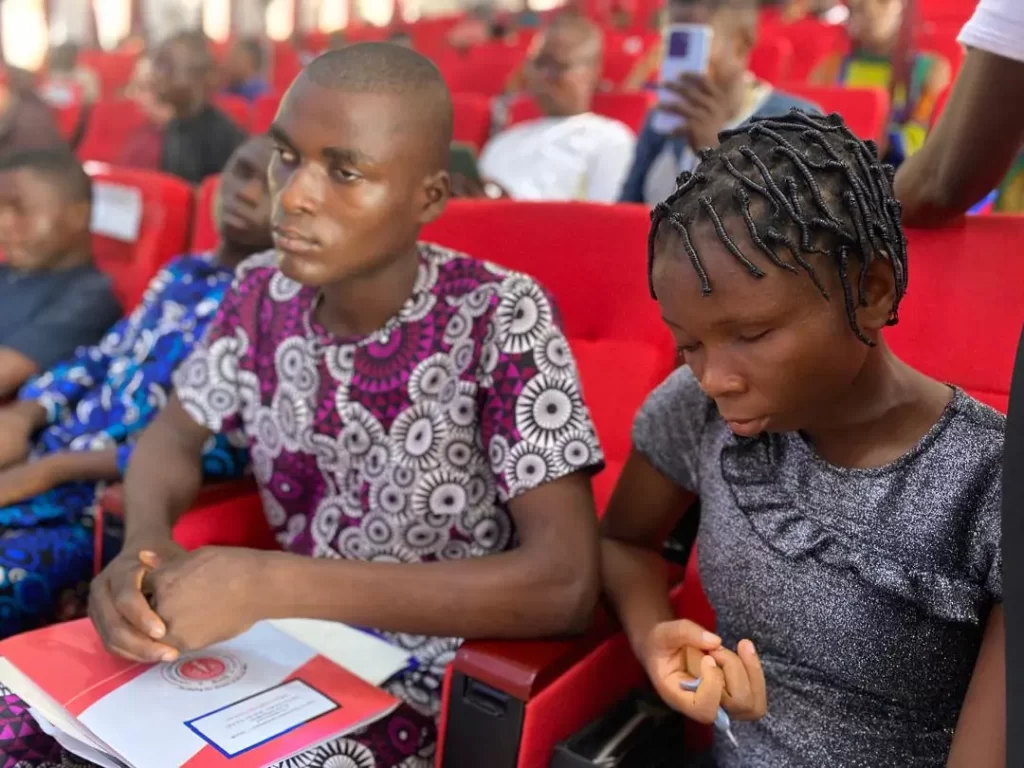
Prof. Adedoja explained that the training will also boost the literacy and proficiency of the participants in the fast-growing digital economy, noting that the programme is in line with the vision of the Governor of Cross River State, Senator Bassey Otu for globally competitive manpower.
“The workshop is timely and in consonance with the spirit of Governor Otu’s government of inclusivity to extend knowledge to all and sundry, not minding one’s status.
“So we put together this training to build capacities of people living with disabilities, by making them employable and self-reliant in order to have effective economic independence in pursuing their individual and collective livelihoods. Therefore, the Institute is looking towards the less privileged and their handlers for capacity building,” Adedoja said.
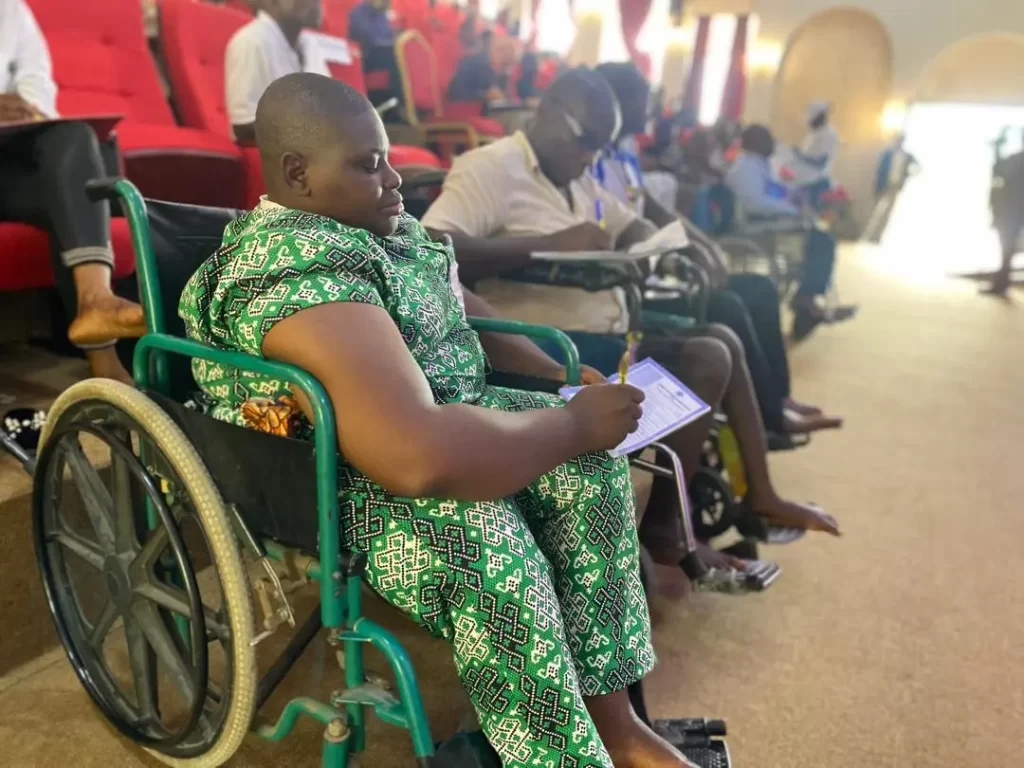
In their commendation notes, the excited participants thanked the State Governor, Prince Bassey Otu, for providing for persons with disabilities in the 2024 ‘People’s First’ Budget which shows their inclusivity in the affairs of the State.
READ ALSO: How Nigeria can attain her national development goals by 2030 – Tinubu
They commended the Teachers Continuous Training Institute for organising a mini exhibition that has further enlightened them on special needs and opportunities for the Disabled in schools and for being the first Institute in Nigeria to award Certificates to participants in both print and braille.
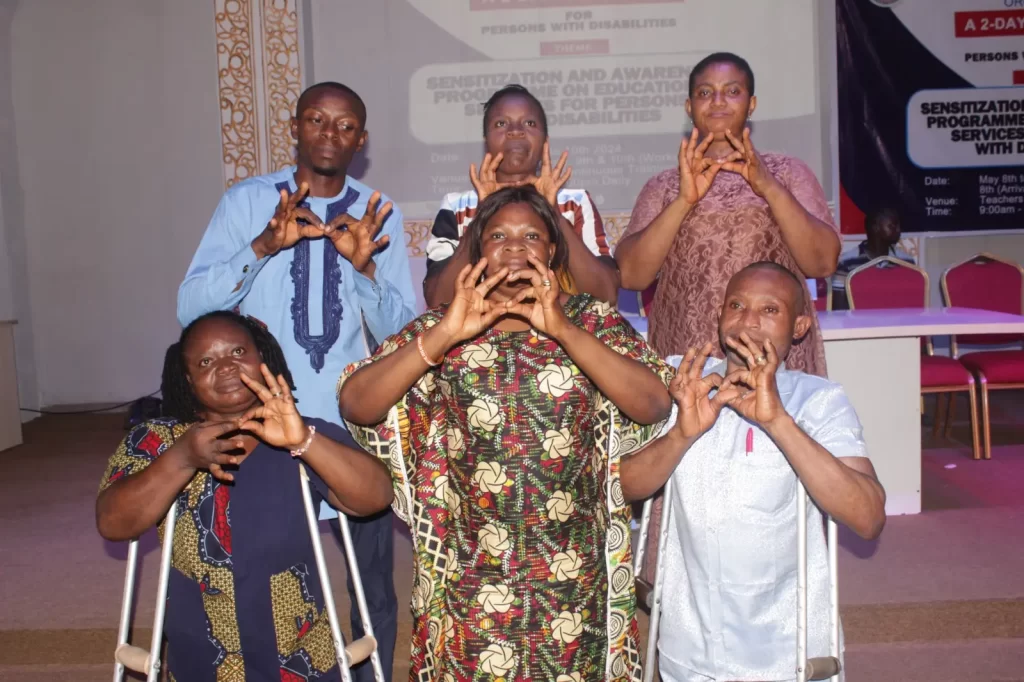
They extended commendations to the Joint Admissions and Matriculations Board (JAMB), for the opportunity provided for disabled persons in the last eight years for admissions into tertiary institutions in Nigeria.
The workshop identified some common challenges faced by persons with Disabilities including lack of opportunity for inclusive education, poor employment opportunities, physical and attitudinal barriers amongst others.
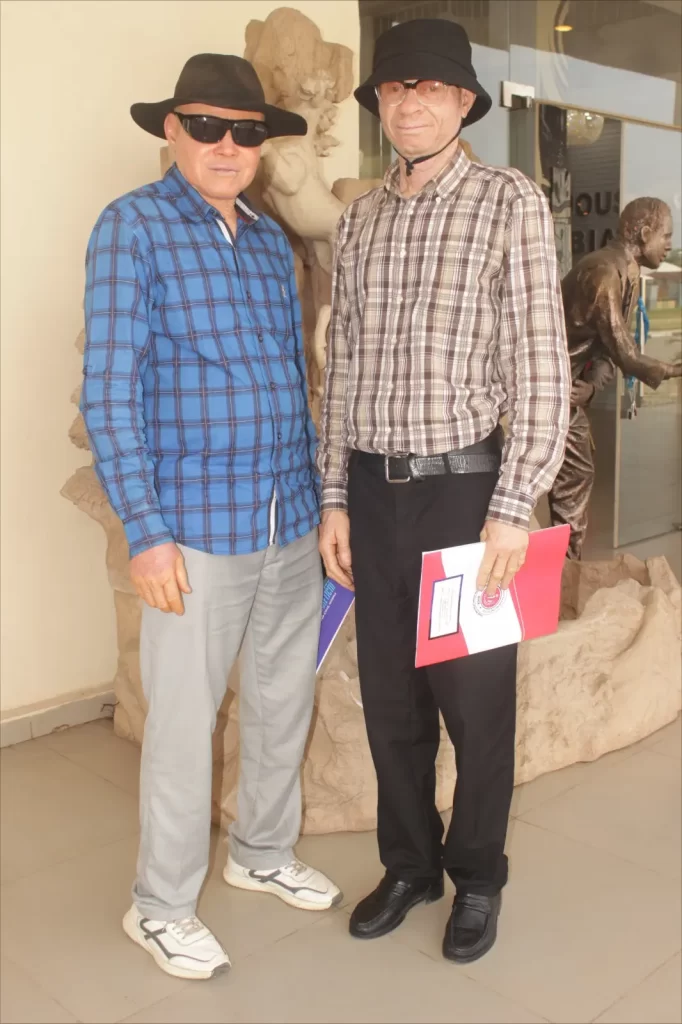
It also examined socio-cultural barriers such as stigma, prejudice and discrimination suffered by disabled persons and called for improved accessibility for the Disabled in the areas of cultural, leisurely and sporting activities, while calling on the state government to consider the employment of Special Education teachers in the proposed recruitment exercise for teachers in the State.
Attendees made a compassionate appeal to the Cross River State House of Assembly to pass and domicile the “Disability Discrimination Act” into law.
Investigation reveals that the exercise initiated by TCTI, Biase, is the first sensitisation programme by the Cross River State government to complement basic and fundamental knowledge through human capacity and manpower development, as only NGOs had shown such zeal or interest before now.